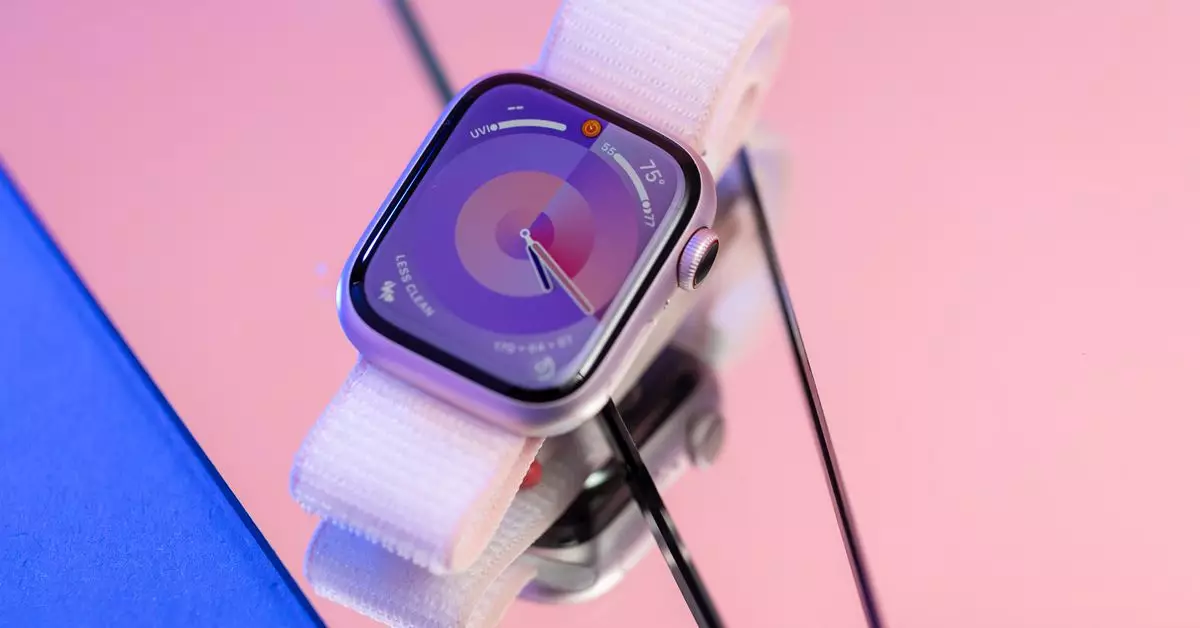Apple has recently filed a 916-page appeal to the Federal Circuit in response to the International Trade Commission’s ban on Apple Watch Series 9 and Ultra 2 sales. The main point of contention revolves around whether Apple infringed upon Masimo’s pulse oximetry patents. The ITC ruled in favor of Masimo, citing infringement that was harming the domestic industry. However, Apple argues that Masimo did not have a smartwatch at the time of the complaint, only providing CAD drawings as evidence. Furthermore, Apple questions the validity of Masimo’s claim to have a domestic industry, given their primary focus on clinical pulse oximeters.
In its appeal, Apple references a 2015 case where the Federal Circuit determined that 3D models sent over the internet do not constitute “articles” and therefore do not fall under the jurisdiction of the ITC. This distinction is crucial to Apple’s case, as they argue that there was no actual smartwatch or tangible product from Masimo to warrant the ban. By pointing out this technicality, Apple hopes to have the ban overturned based on the lack of evidence and a clear definition of what constitutes “articles” under the ITC’s jurisdiction.
Apple’s appeal also raises concerns about setting a precedent that could pave the way for other companies to use similar strategies to ban Apple products. The brief highlights the potential for companies with pleading creativity and CAD software to abuse the system and unfairly target competitors. This could have far-reaching implications for the tech industry as a whole, as companies may resort to legal battles and import bans as a means of gaining a competitive advantage.
The outcome of Apple’s appeal could have significant implications for the tech industry, particularly in terms of intellectual property rights and competition. With other companies like AliveCor also seeking to ban Apple products based on patent infringement claims, the tech industry is facing a wave of legal challenges that could shape the future landscape. The uncertainty surrounding the resolution of these cases adds to the complexity and potential risks for companies involved in legal battles over intellectual property rights.
Apple’s appeal to the Federal Circuit highlights the intricacies of patent law, jurisdictional issues, and the broader implications for the tech industry. The outcome of this case could set a precedent for how intellectual property disputes are handled in the future and could impact the competitive dynamics of the industry. It remains to be seen how the Federal Circuit will rule on Apple’s appeal and what its decision will mean for the broader tech ecosystem.


Leave a Reply